欧洲的某个地方-HD中字
欧洲的某个地方-HD中字
- 主演:
- Artúr,Somlay,Miklós,Gábor,Zsuzsa,Bánki
- 导演:
- Radványi,Géza
- 地区:
- 其它
- 时间:
- 2025-07-04 20:00:21
- 年份:
- 1948
剧情:Somewhere in the remote region, the war ends. In the midst of ruined cities and houses in the streets, in rural hamlets, everywhere where people still live, are children who have lost their homes and parents. Abandoned, hungry, and in rags, defenseless and humiliated, they wander through the world. Hunger drives them. Little streams of orphans merge into a river which rushes forward and submerges everything in its path. The children do not know any feeling; they know only the world of their enemies. They fight, steal, struggle for a mouthful of food, and violence is merely a means to get it. A gang led by Cahoun finds a refuge in an abandoned castle and encounters an old composer who has voluntarily retired into solitude from a world of hatred, treason, and crime. How can they find a common ground, how can they become mutual friends The castle becomes their hiding place but possibly it will also be their first home which they may organize and must defend. But even for this, the price will be very high. To this simple story, the journalist, writer, poet, scriptwriter, movie director, and film theoretician Béla Balázs applied many years of experience. He and the director Géza Radványi created a work which opened a new postwar chapter in Hungarian film. Surprisingly, this film has not lost any of its impact over the years, especially on a profound philosophical level. That is to say, it is not merely a movie about war; it is not important in what location and in what period of time it takes place. It is a story outside of time about the joyless fate of children who pay dearly for the cruel war games of adults. At the time it was premiered, the movie was enthusiastically received by the critics. The main roles were taken by streetwise boys of a children's group who created their roles improvisationally in close contact with a few professional actors, and in the children's acting their own fresh experience of war's turmoil appears to be reflected. At the same time, their performance fits admirably into the mosaic of a very complex movie language. Balázs's influence revealed itself, above all, in the introductory sequences an air raid on an amusement park, seen in a montage of dramatic situations evoking the last spasms of war, where, undoubtedly, we discern the influence of classical Soviet cinematography. Shooting, the boy's escape, the locomotive's wheels, the shadows of soldiers with submachine guns, the sound of a whistle—the images are linked together in abrupt sequences in which varying shots and expressive sharp sounds are emphasized. A perfectly planned screenplay avoided all elements of sentimentality, time-worn stereotypes of wronged children, romanticism and cheap simplification. The authors succeeded in bridging the perilous dramatic abyss of the metamorphosis of a children's community. Their telling of the story (the scene of pillaging, the assault on the castle, etc) independently introduced some neorealist elements which, at that time, were being propagated in Italy by De Sica, Rossellini, and other film artists. The rebukes of contemporary critics, who called attention to formalism for its own sake have been forgotten. The masterly art of cameraman Barnabás Hegyi gives vitality to the poetic images. His angle shots of the children, his composition of scenes in the castle interior, are a living document of the times, and underline the atmosphere and the characters of the protagonists. The success of the picture was also enhanced by the musical art of composer Dénes Buday who, in tense situations, inserted the theme of the Marseilaise into the movie's structure, as a motive of community unification, as an expression of friendship and the possibility of understanding. Valahol Europaban is the first significant postwar Hungarian film. It originated in a relaxed atmosphere, replete with joy and euphoria, and it includes these elements in order to demonstrate the strength of humanism, tolerance, and friendship. It represents a general condemnation of war anywhere in the world, in any form.
最新更新
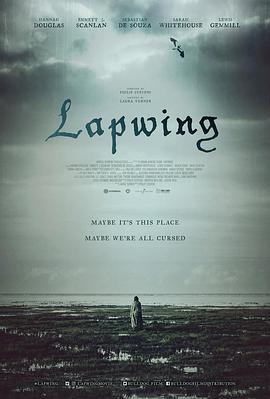
田凫
埃米特·斯坎伦,塞巴斯蒂安·德·索萨,Hannah,Douglas,Javed,Khan,Sarah,Xanthe,Nathan,Haymer-Bates,Sarah,Whitehouse,Lewis,Gemmill,David,Clayton,Marcus,Houden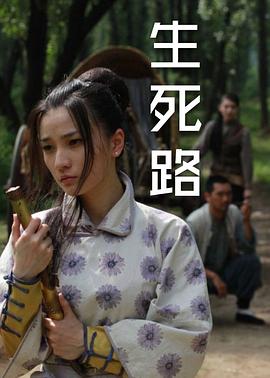
生死路
王艺曈,李爽,刘金龙,张钧涵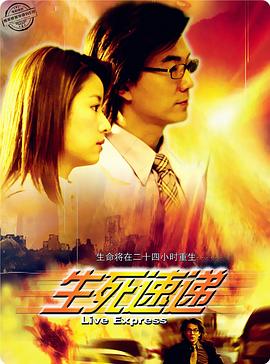
生死速递
任贤齐,林心如,柯受良,江珊,高曙光,刘慈航,蔡振南,屈中恒,牛犇,柯有伦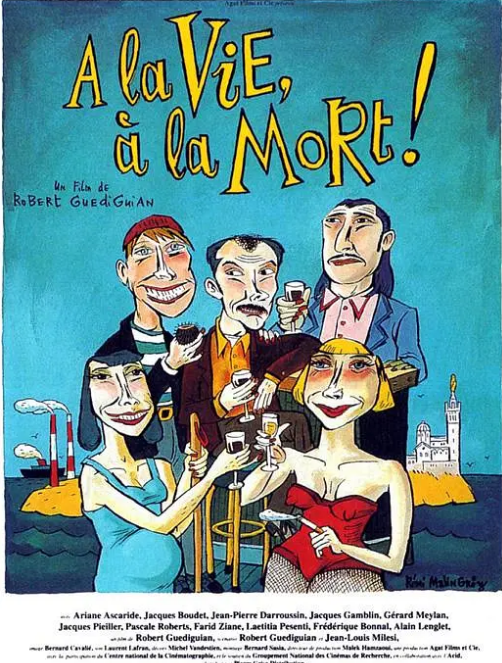
生死不离
王紫璇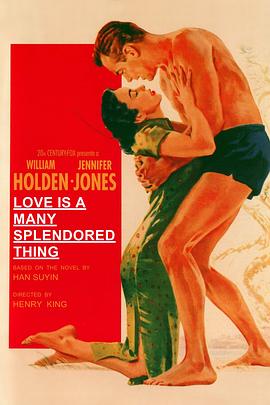
生死恋
威廉·霍尔登,珍妮弗·琼斯,托林·撒切尔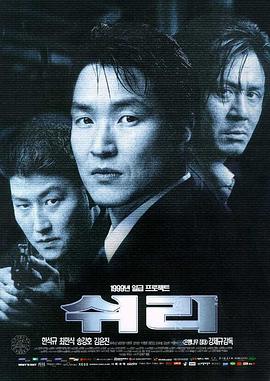
生死谍变
韩石圭,崔岷植,宋康昊,金允珍,黄政民,张铉诚,金秀路,朴勇宇,李钟赫,林炯俊,李胜欣,余浩民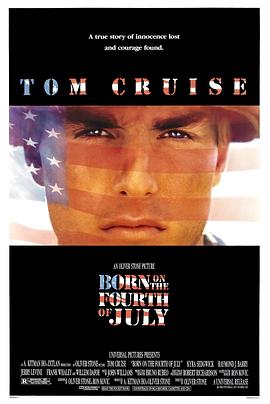
生于七月四日
汤姆·克鲁斯,雷蒙德·J·巴里,卡罗琳·卡瓦,乔希·埃文斯,Jamie,Talisman,安妮·博比,Samantha,Larkin,汤姆·贝伦杰,弗兰克·威利,杰里·勒维尼,Richard,Panebianco,Rob,Camilletti,史蒂芬·鲍德温,Michael,McTighe,Richard,Haus,威廉·达福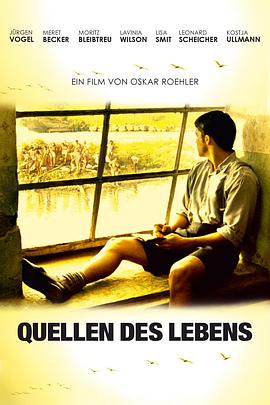
生命之源
于尔根·福格尔,梅雷特·贝克尔,莫里兹·布雷多,拉文尼娅·威尔森,丽莎·斯密特,伦纳德·施彻,Sonja,Kirchberger,Margarita,Broich,Alexandros,Gehrckens,科斯蒂亚·乌尔曼,托马斯·海因茨,威尔森·冈萨雷斯·奥森耐特,斯特芬·温克,艾丽卡·莫露珊,Rolf,Zacher,哈里贝特·沙瑟,卡罗莉内·特斯卡,Michael,Rast,丹尼尔·德鲁斯,Vincent,Krüger,伊娃·贝,Anne,Wallis,De,Vries,Sabine,Urig,Die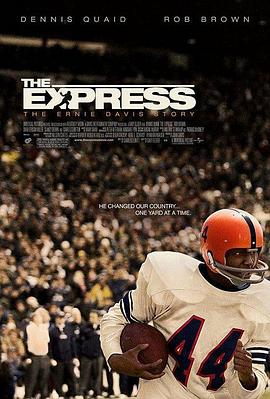
生命快车
罗伯·布朗,丹尼斯·奎德,达林·德维特·汉森,奥玛·本森·米勒,尼尔森·埃利斯,查尔斯·达顿,贾斯汀·马丁,Justin,Jones,妮可·贝哈瑞,安洁纽·艾莉丝,Elizabeth,Shivers,克兰西·布朗,丹尼·麦卡锡,Regina,Hoyles,切尔西·罗斯,绍尔·鲁宾内克,杰夫·斯蒂尔,吉欧夫·斯图兹,伊万·琼斯,马克西米利安·奥辛斯基,安维尔·乔卡亚,Ned,Schmidtke,马修·塞特尔,克里斯蒂安·斯托特,利纳拉·华盛顿,查德维克·博斯曼,Kevin,R.,Kelly,布鲁斯·雅霍夫,
